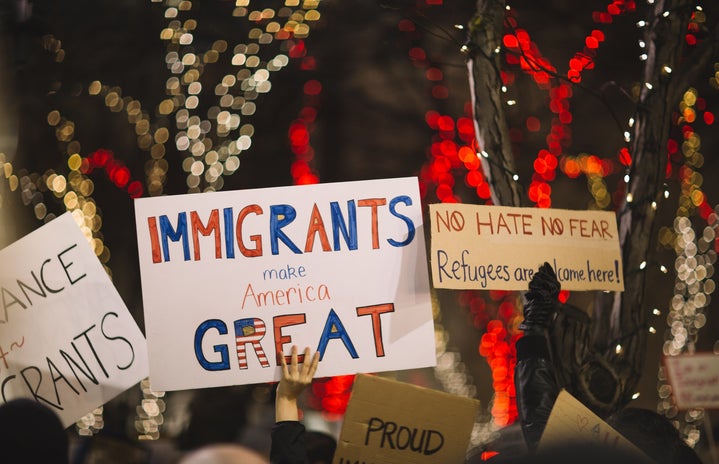Sexual and reproductive care are often among the most inaccessible healthcare services. Access to care is influenced by state politics and socioeconomic status. An additional factor that impedes access is that of nativity or immigrant status. The issue presents itself in several ways from access for foreign and immigrant women in society to lack of proper care in detention centers.
Society
According to a 2018 study, immigrant/foreign-born women are less likely to be uninsured. The largest disparity between immigrant and U.S.-born women is seen in the Hispanic female immigrant community who are the least likely to have public or private insurance. This entails a severe lack of economic access to reproductive health services which are drastically less expensive with insurance. Moreover, immigrant women seek out services from Title-X clinics at higher rates than U.S-born women.
Title X is a federal grant program designed to help fund sexual and reproductive health clinics to provide care for low-income individuals. Under the Trump Administration, Title X faced extreme funding cuts due to the anti-abortion requirements. This negatively impacted immigrant and low-income women as several clinics were forced to forego federal funds and subsequently close, effectively crippling the intentions of the program. The requirements have yet to be repealed under the Biden Administration and still continue to hinder immigrant accessibility to care.
Detention Centers
The latest accounts of reproductive abuse in immigrant detention centers are only the tip of the iceberg for lack of quality care for detainees. The unconsented sterilization of immigrant women serves as the prime example of the neglect of immigrants’ healthcare. There is no standard of care in these facilities which allows for their basic rights to prenatal care, contraception, and abortion services to be stripped away. There are many accounts of pregnant persons suffering through shackling and rapid deterioration of health that subsequently led to pregnancy complications and even fetal death. This is coupled with deplorable conditions of extreme temperature, malnutrition, and lack of hygiene. These centers are the breeding ground for unconstitutional abuses of immigrant individuals who deserve access to quality sexual and reproductive care.
What can we do?
The conversations around reproductive justice often distilled to only protecting the right to safe, legal abortion. True reproductive justice includes a discussion of intersectional barriers to access such as race, socioeconomic status, location, and immigrant status. As we address these challenges to care, we must include the immigrant experience and how that uniquely influences rates and quality of care. The detention center system, in particular, requires immediate policy and enforcement changes to ensure these individuals receive the required sexual and reproductive care.

